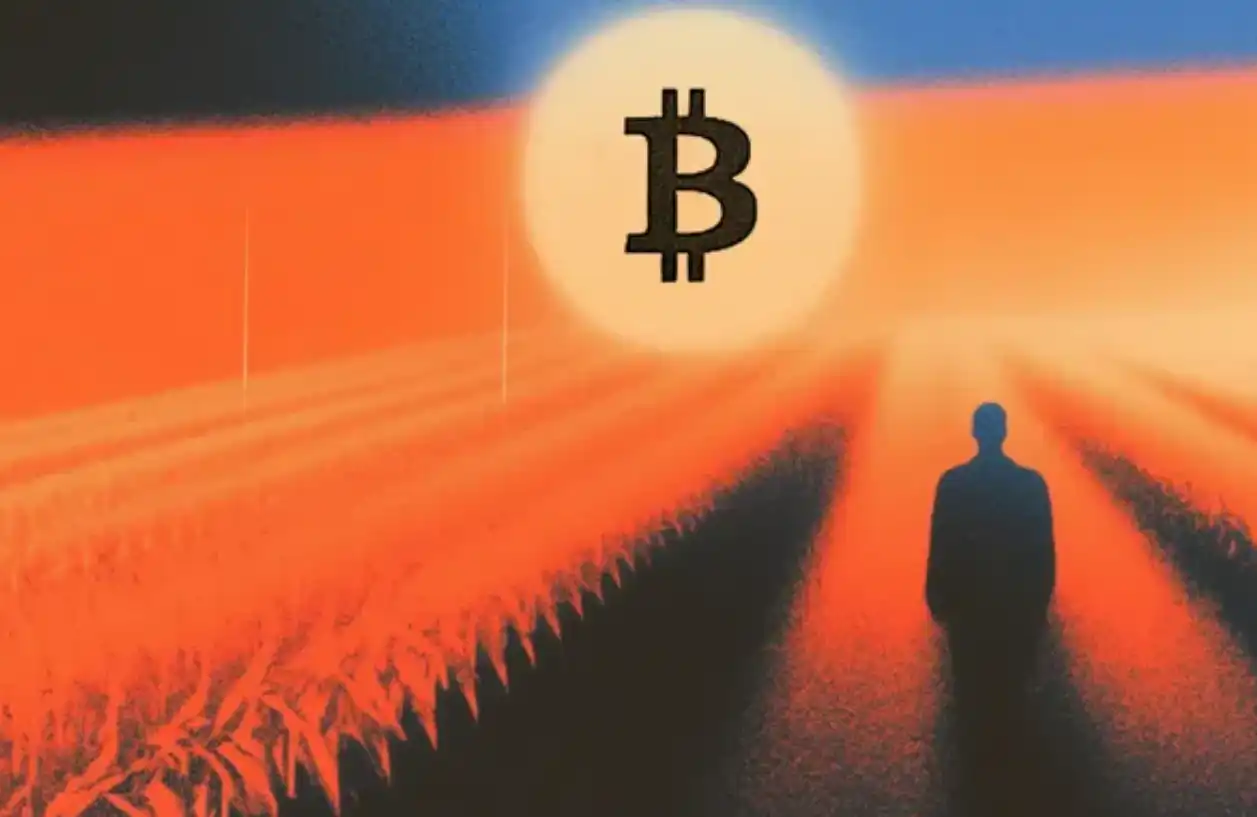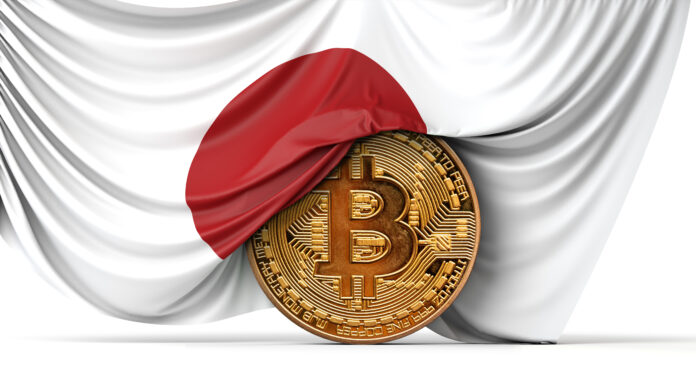has announced a new round of grants from its , distributing 1 billion satoshis (10 BTC) to over 20 projects worldwide. The grants aim to support open-source Bitcoin development, mining decentralization, privacy tools, and educational initiatives for individuals living under authoritarian regimes, with a focus on Latin America, Africa, and Asia.
The latest cohort includes diverse projects advancing Bitcoin’s role as a financial and human rights empowerment tool.
, a digital rights watchdog organization, monitors and reports on internet shutdowns in real-time. Authoritarian regimes often use these shutdowns to suppress protests, throttle dissent, and restrict access to financial tools. HRF’s support will enhance NetBlocks’ monitoring, documentation, and research capabilities to reinforce internet and financial fredom.
, a project developed by ISP c03rad0r, transforms ordinary WiFi routers into decentralized internet service providers using Bitcoin and ecash. This peer-to-peer networking tool allows users to bypass centralized ISPs, offering an alternative to state-controlled internet access. With HRF funding, TollGate will continue advancing its mission of building a censorship-resistant internet that empowers individuals to communicate freely.
is a nonprofit Bitcoin research and development center based in Latin America. It focuses on training and funding developers to contribute to the Bitcoin protocol and ecosystem. With support from HRF, Vinteum plans to expand its developer education programs, sponsor contributors, and strengthen Latin America’s Bitcoin development community, helping the region build financial alternatives to fragile fiat systems.
is an open-source, self-hosted Bitcoin payment processor that allows individuals and organizations to accept Bitcoin without relying on third parties. This is especially critical in regimes where payment processors are weaponized to silence NGOs and activists. HRF’s grant will help scale BTCPay’s reach, improve usability, and increase global access to censorship-resistant payments.
Africa Bitcoin Institute (ABI), supported by Rwandan activist , bridges the gap between Bitcoin adoption and policy in Africa. ABI conducts research and provides policy recommendations to promote financial autonomy. With HRF’s backing, ABI will will promote financial autonomy and solidify Bitcoin’s role as a pillar of economic freedom
Bitcoin Core Graphical User Interface (GUI) – Running a full Bitcoin node is a cornerstone of financial sovereignty, but the technical interface can be a barrier. , a project supported by developer , modernizes the Bitcoin Core interface to make it more intuitive, especially for mobile users in developing regions. HRF funding will support ongoing development to lower the barrier to entry for node runners globally.
is a Bitcoin Core contributor focused on code review, bug testing, and improving documentation. His contributions help maintain Bitcoin’s resilience. HRF’s grant will allow Rkrux to continue his work, ensuring that the Bitcoin network remains robust, secure, and censorship-resistant for users around the world.
is a developer contributing to the Nostr ecosystem, including projects like , , and . These tools offer decentralized messaging, improved app interoperability, and peer-to-peer software monetization. HRF’s grant will support ongoing development aimed at strengthening free expression and financial independence for users under authoritarian regimes.
, created by developer , simplifies the process of setting up Nostr relays. These relays are essential to decentralized communication on the Nostr protocol. The tool allows non-technical users to operate their own servers, contributing to a more resilient, censorship-resistant communication infrastructure. HRF’s grant will advance development and deployment of this tool.
is a support initiative co-founded by Bitcoin Core developer Amiti Uttarwar and operational architect Anna Sides. It provides psycho-social support for open-source developers building freedom tech. By addressing burnout and isolation among contributors, Waye strengthens the ecosystem’s human foundation. HRF funding will help Waye expand its reach, especially to developers from the Global South.
is a self-hosted mining pool developed by that supports decentralization in Bitcoin mining. Rather than relying on centralized entities, miners are rewarded with ecash tokens, enabling instant, private payouts. HRF’s support will further Hashpool’s development and promote a more distributed and censorship-resistant mining landscape.
is a protocol upgrade for Cashu, a Chaumian ecash system that enables extremely strong financial privacy. Developed by , this improvement enhances privacy by reducing data storage and hiding transaction amounts. HRF’s grant will support further development, reinforcing financial privacy protections for vulnerable users.
Self-Custody Research: (Rearden) is conducting research into the challenges of self-custody for Bitcoin users in authoritarian regimes. His findings will inform new tools and education that make secure, private Bitcoin usage more accessible. HRF’s grant will fund this research and the development of educational resources.
is a project by that introduces fiat-pegged balances to the Lightning Network, helping users avoid Bitcoin’s volatility while maintaining full custody. With HRF support, the project will expand its integrations and user outreach, enabling individuals to transact freely without relying on centralized stablecoin issuers.
, developed by , is a Fedimint-based platform that modernizes Kenya’s SACCO (Savings and Credit Cooperative Organization) model using Bitcoin and Fedimints. It allows community-based financial groups to operate independently of banks. HRF’s grant will fund Bitsacco’s development, training, and local deployment.
, founded by Kenyan educator , provides practical Bitcoin education through workshops, meetups, and digital content. It focuses on self-custody, Lightning usage, and node operation. HRF’s support will allow The Core to expand its reach across Kenya and beyond.
, founded by , addresses infant malnutrition and financial illiteracy through a unique program combining nutrition support and Bitcoin education. Mothers receive weekly Bitcoin stipends and training to achieve long-term financial security. HRF funding will scale the program’s reach to more families in need.
: Led by , this program trains Korean and Japanese developers in open-source Bitcoin development. Apprentices gain hands-on experience and contribute to major projects. HRF’s support will expand access and mentorship opportunities, helping bridge the regional talent gap and supporting defectors from authoritarian governments.
Bitcoin Week at : At TalentLand, Latin America’s largest tech conference, Bitcoin Week will introduce thousands of attendees to Bitcoin through workshops and hackathons. Organized by and the Bitcoin and Lightning Guadalajara community, the initiative highlights Bitcoin’s role in financial empowerment. HRF’s grant will help expand the program.
(LARP), created by and David Rodriguez, offers an immersive learning experience where participants simulate the Bitcoin network. By acting out transactions and node operations, learners gain a deeper understanding of Bitcoin. HRF’s support will fund facilitator training and global expansion, particularly in underserved regions.
is a leading source of Spanish-language Bitcoin education. With a goal of reaching over one million learners and training 100 instructors, the platform is expanding across South America. HRF’s grant will support teacher training, course development, and outreach in authoritarian-affected regions.
Increasing Nonprofit Adoption of Bitcoin: Researcher is studying how nonprofits can use Bitcoin to overcome financial censorship. His project provides data-driven insights and practical guidance for NGOs operating in hostile environments. With HRF’s funding, the initiative will support NGOs adopting Bitcoin in regions where traditional banking is compromised.
Bitcoin for Good, led by activist , offers hands-on training to nonprofits on how to accept Bitcoin. The goal is to enable NGOs to bypass financial restrictions and maintain independence. HRF’s grant will fund workshops, technical assistance, and organizational integration support.
Since its launch in 2020, has distributed more than $7.8 million in BTC to 284 projects in 62 countries. The next round of grants will be announced at the 17th annual Oslo Freedom Forum, taking place May 26–28, 2025, in Oslo, Norway.
is a nonpartisan, nonprofit 501(c)(3) organization that promotes and protects human rights globally, with a focus on closed societies. The HRF continues to raise support for the Bitcoin Development Fund, and interested donors can find more info on how to donate . Applications for grant support by the can be submitted .
















No comments yet